Could your next IT project come from Brazil?
Brazil is emerging as an IT powerhouse, with attention from all the big names in tech such as Microsoft, Google and Intel.
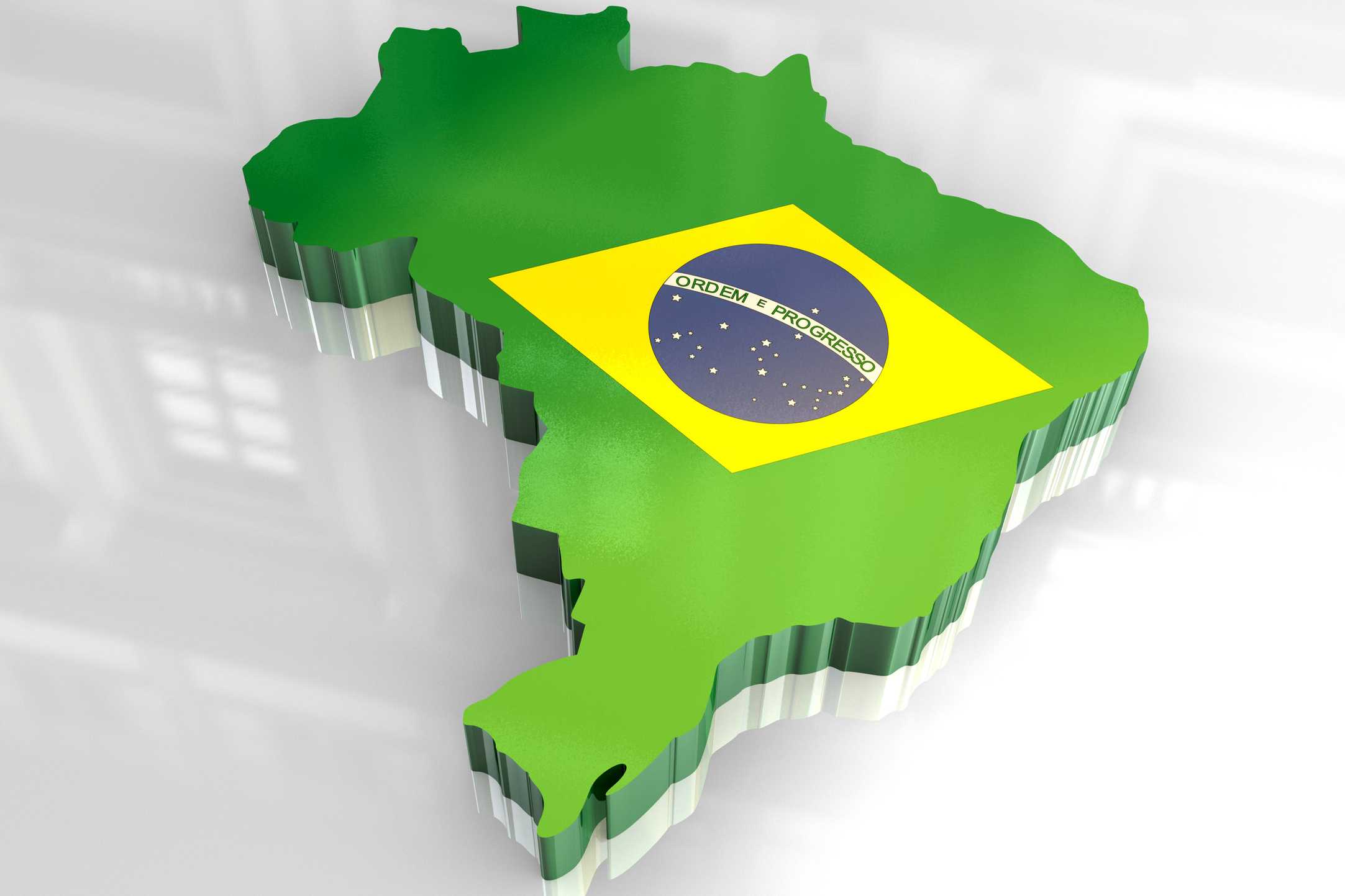

It's not just the world's number one producer of coffee, sugar and ethanol. It's not just one of the ten largest oil reserves in the world. And although you'll find poverty and luxury almost side by side, it's not just another developing country.
Over the last few years Brazil has been quietly turning itself into something of an IT powerhouse. "You can look at Brazil as one of the top global IT centres," claims Sergio Pessoa, marketing director of the Brazilian Association of IT and Communication Companies (BRASSCOM).
Certainly the list of research centres is a roll call for the technology industry: Microsoft, Google which has both its operations and engineering centres for Latin America there IBM, Cisco, Lenovo, Sun, Intel, SAP, Motorola, Accenture and even India's Tata sit beside home-grown success stories like the Lua scripting language and ERP supplier TOTUS.
Connecting up Brazil
The country has the fifth largest population in the world and the tenth largest economy, with low inflation, falling unemployment and a growing middle class.
"For years Brazil was borrowing," Sergio Rezende, Brazil's minister of science and technology told IT PRO. "Now it is lending money to the IMF to help solve the Greek problems."
That helps make Brazil itself one of the fastest-growing markets for technology; it's already the eighth largest market for IT worldwide. A few years ago Intel was touting programs to help families buy PC on a pay-as-you-go monthly plan and the government was building telecentros' community centres with PCs you could walk in and use freely in poor areas of Sao Paolo.
Get the ITPro daily newsletter
Sign up today and you will receive a free copy of our Future Focus 2025 report - the leading guidance on AI, cybersecurity and other IT challenges as per 700+ senior executives
Now Brazil is the fifth largest market for PCs. With 12 million PCs sold in 2009 and a predicted 14 million this year, it's ahead of Germany, although only 25 per cent of households have a PC. Mobile phones have reached almost 100 per cent saturation.
Think of Brazil online and you think of how Brazilians famously swamped Google's Orkut social network some years ago which may be why Microsoft chose Steve Ballmer's speech on cloud computing in Sao Paolo to announce the new social network aggregation features in Windows Live Messenger.
Brazil was also one of the first countries to adopt online banking, online tax filing and e-voting. Broadband penetration has been low; Brazil's 63 million internet users are 33 per cent of the population and in 2008 only 11 million of them had broadband, but the numbers are growing fast around 15 per cent a year and the government-backed National Broadband Plan to install broadband access across Brazil could be one of the largest infrastructure rollouts in the world.
There are also two spectrum auctions planned for this year, including the 2.5GHz band that could be used for LTE by the end of 2010.
Although the 2007 OECD report into IT competitiveness put Brazil in 43rd place behind Greece, Romania and South Africa broadband access and IT skills have both become more widespread since then.
Mary is a freelance business technology journalist who has written for the likes of ITPro, CIO, ZDNet, TechRepublic, The New Stack, The Register, and many other online titles, as well as national publications like the Guardian and Financial Times. She has also held editor positions at AOL’s online technology channel, PC Plus, IT Expert, and Program Now. In her career spanning more than three decades, the Oxford University-educated journalist has seen and covered the development of the technology industry through many of its most significant stages.
Mary has experience in almost all areas of technology but specialises in all things Microsoft and has written two books on Windows 8. She also has extensive expertise in consumer hardware and cloud services - mobile phones to mainframes. Aside from reporting on the latest technology news and trends, and developing whitepapers for a range of industry clients, Mary also writes short technology mysteries and publishes them through Amazon.
-
 Bigger salaries, more burnout: Is the CISO role in crisis?
Bigger salaries, more burnout: Is the CISO role in crisis?In-depth CISOs are more stressed than ever before – but why is this and what can be done?
By Kate O'Flaherty Published
-
 Cheap cyber crime kits can be bought on the dark web for less than $25
Cheap cyber crime kits can be bought on the dark web for less than $25News Research from NordVPN shows phishing kits are now widely available on the dark web and via messaging apps like Telegram, and are often selling for less than $25.
By Emma Woollacott Published
-
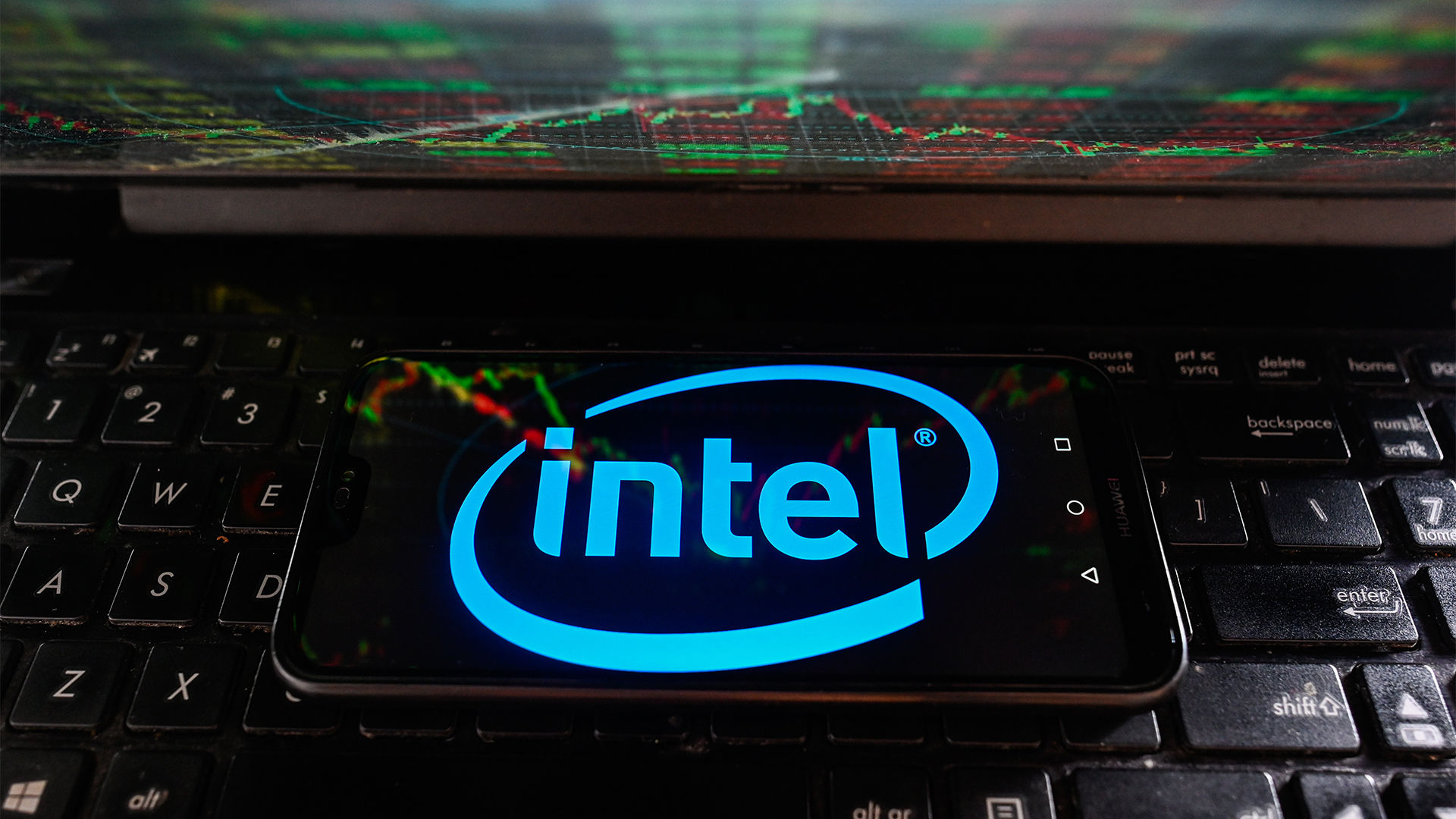 Why Intel is pushing for developers to adopt AI PCs
Why Intel is pushing for developers to adopt AI PCsNews A new Intel initiative aims to drive developer adoption of AI PCs and improve synergy with the hardware makers building these next-generation devices
By Steve Ranger Published
-
 Intel CTO: Open source ecosystem is “poorly written”
Intel CTO: Open source ecosystem is “poorly written”News Chipmaker calls on industry to improve contributions
By Adam Shepherd Published
-
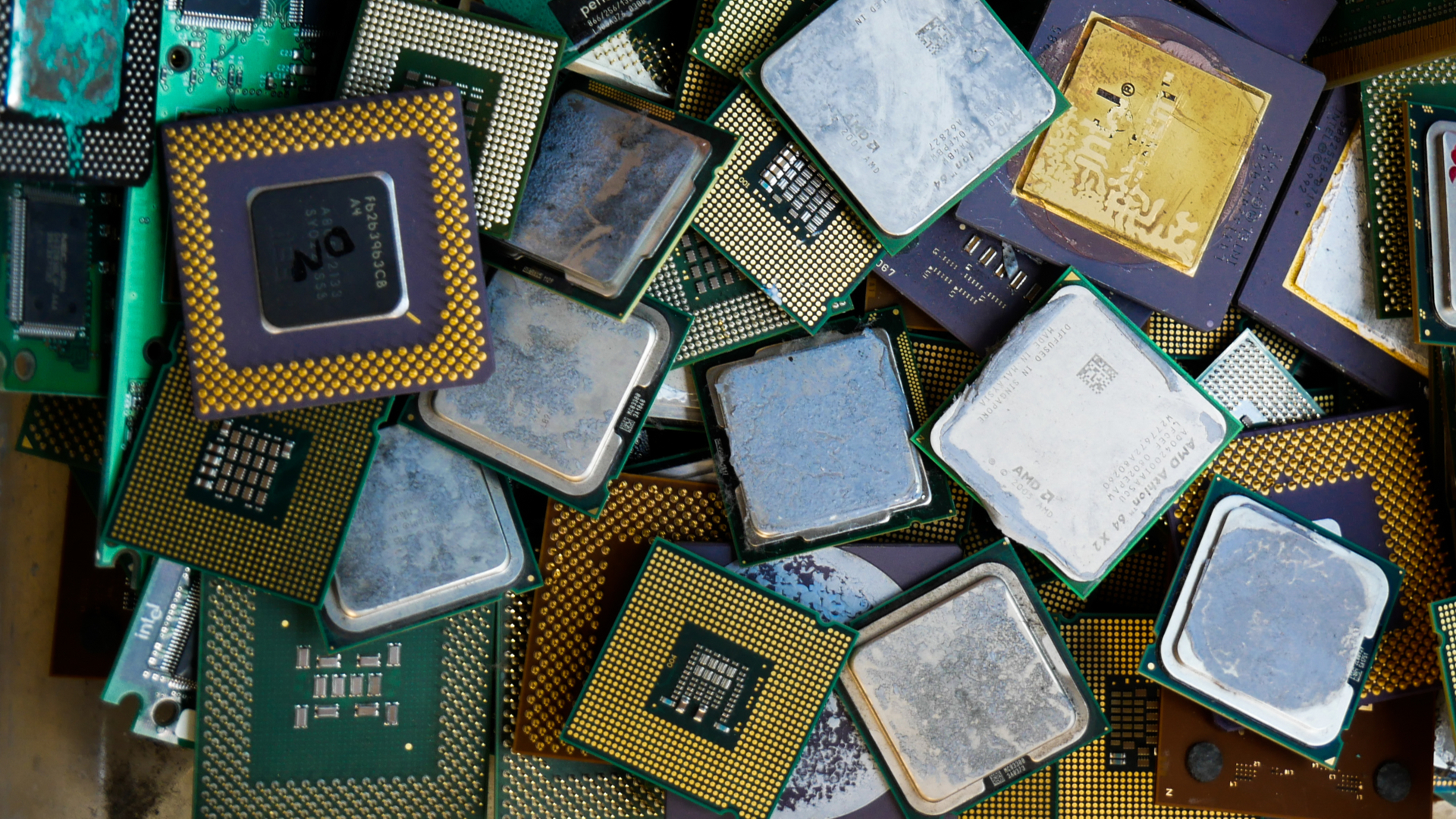 Tech giants lobby US to fund chip production
Tech giants lobby US to fund chip productionNews Industry heavyweights ask Congress for $50 billion in chip manufacturing subsidies
By Mike Brassfield Published
-
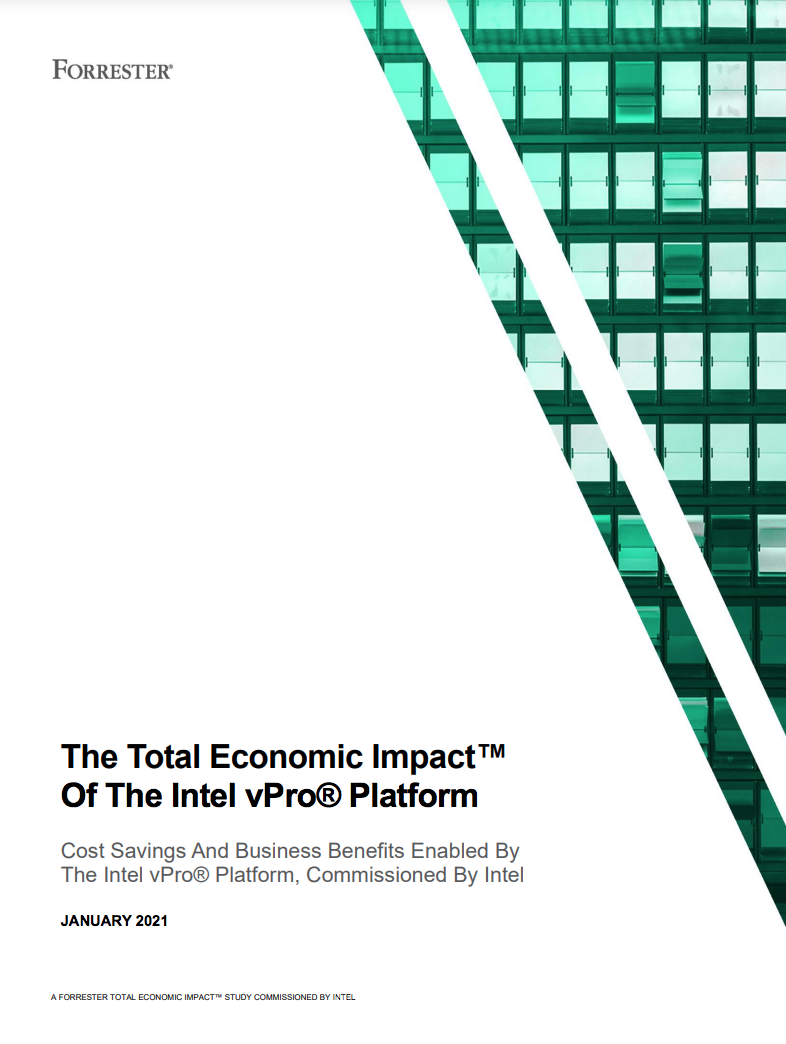 The total economic impact of the Intel vPro® platform
The total economic impact of the Intel vPro® platformWhitepaper Save costs. Save time. Save the workday.
By ITPro Published
-
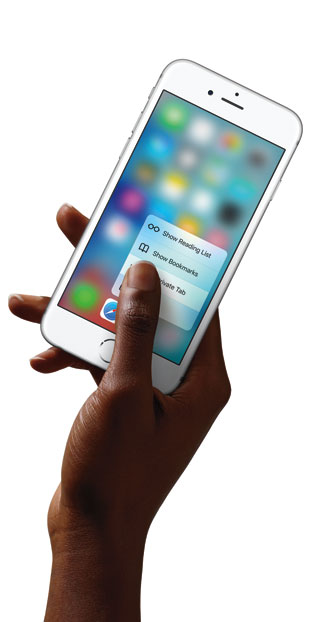 Army of Intel engineers sets to work on iPhone chips
Army of Intel engineers sets to work on iPhone chipsNews Around 1,000 people are creating an LTE modem for the next iPhone
By Rene Millman Published
-
 Windows Server on ARM will flop like RT, says Intel
Windows Server on ARM will flop like RT, says IntelNews ARM chips will add complexity and overhead in the server space, Intel engineer claims
By Khidr Suleman Published
-
 Intel reveals Android Reference Program for budget tablets
Intel reveals Android Reference Program for budget tabletsNews The company's plans will allow Android tablets running Intel chips to hit the market faster
By Clare Hopping Published
-
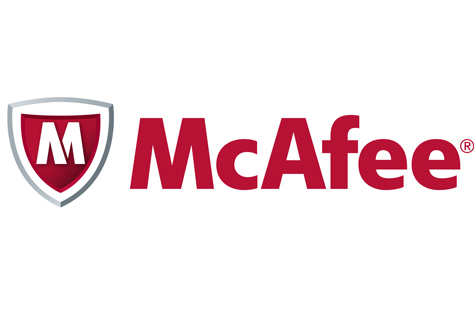 Android gets free McAfee security app
Android gets free McAfee security appNews Dell will also be the first to deploy Intel's revamped enterprise protection.
By Khidr Suleman Published